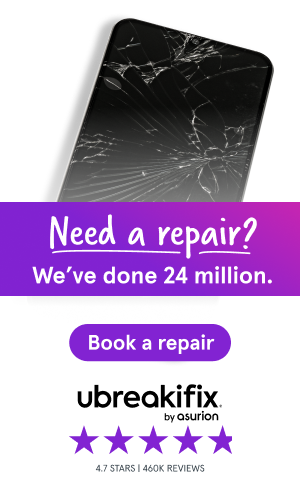JoshuaMackens
Member
- Joined
- Sep 12, 2012
- Messages
- 1,975
- Reaction score
- 592
I've been thinking about going from a flat fee model in Local SEO to a cost per lead model.
I think there are some massive benefits to a cost per lead model:
1. Makes it much more palatable for local businesses to afford, especially early on in the Local SEO campaign when rankings are slower.
2. Rewards success for Local SEO agency much better than the flat fee model.
3. Incentivizes the Local SEO agency to work much harder and to improve that much more.
I think it's a win-win for both sides. Performance is guaranteed or you don't pay and you can end up making a lot more money on the agency side.
Only cons:
1. Establishing what constitutes a lead - but I don't think this is hard. We use CallRail already and grade calls. The only gray area would be if the receptionist doesn't ask how they heard about us. But if they don't, we would default that to being a lead. We would also count email leads.
2. Establishing a fair cost per lead - this is the one I'm stuck on. For any type of home service industry we could just call HomeAdvisor and Thumbtack and ask them what they charge for a lead in an area and charge 1.5x that (since the lead isn't going to 3-4 people). I'm sure we could find something similar in the legal and health sector as well, right?
So, my questions are:
1) Is anyone doing cost per lead now? How have you found it to work out?
2) Has anyone switched to cost per lead but then switched back?
3) What are some cons I have missed?
4) How would you find a good cost per lead for the health/legal industry and any other industries?
I think there are some massive benefits to a cost per lead model:
1. Makes it much more palatable for local businesses to afford, especially early on in the Local SEO campaign when rankings are slower.
2. Rewards success for Local SEO agency much better than the flat fee model.
3. Incentivizes the Local SEO agency to work much harder and to improve that much more.
I think it's a win-win for both sides. Performance is guaranteed or you don't pay and you can end up making a lot more money on the agency side.
Only cons:
1. Establishing what constitutes a lead - but I don't think this is hard. We use CallRail already and grade calls. The only gray area would be if the receptionist doesn't ask how they heard about us. But if they don't, we would default that to being a lead. We would also count email leads.
2. Establishing a fair cost per lead - this is the one I'm stuck on. For any type of home service industry we could just call HomeAdvisor and Thumbtack and ask them what they charge for a lead in an area and charge 1.5x that (since the lead isn't going to 3-4 people). I'm sure we could find something similar in the legal and health sector as well, right?
So, my questions are:
1) Is anyone doing cost per lead now? How have you found it to work out?
2) Has anyone switched to cost per lead but then switched back?
3) What are some cons I have missed?
4) How would you find a good cost per lead for the health/legal industry and any other industries?




